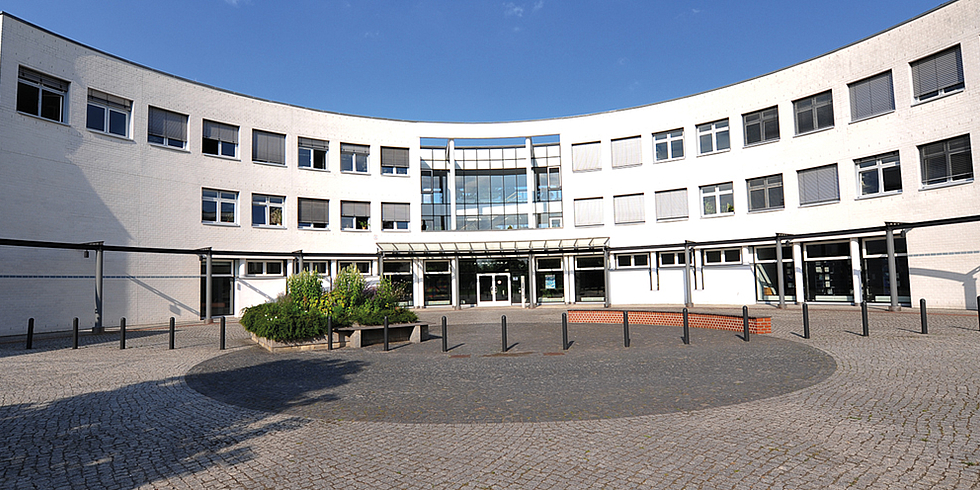The digitalization of Berlin
With its decision for the biennial budget for 2018/2019 and the approval of the administrative council of Zuse Institute Berlin (ZIB), the state of Berlin has consolidated the funding programme for digiS and the digitalization of cultural assets as of 1st January 2018.
The state of Berlin announced that the Berlin model of decentralized funding for digitalization projects has been successful over the last five years of its existence and in the course of 59 projects. A positive effect of this consolidation concerns above all long-time archiving of collected data. From now on, the digitized cultural heritage data of institutions under the direct responsibility of the cultural administration can be archived with Zuse Institute Berlin (ZIB) without any time limit. The state of Berlin and ZIB have entered into an appropriate framework agreement. In addition to this, all project funding data (funding programme for digitalisation and ERDE digitalisation projects) may be archived for ten years since 2012. This is a major and important step towards sustainable preservation of the digital cultural heritage of Berlin. Wherever it is possible in terms of license and copyright law, digital copies are published as open data at daten.berlin.de.
The Research and Competence Centre Digitalization Berlin (digiS) was established in 2012 within the framework of the national funding programme for digitalization. Located at ZIB and funded by the Senate Department for Culture and Europe, it supports cultural institutions by by providing consulting services to cultural institutions on organisational, technical and legal issues and coordinating the digitalization funding programme.
As digitalization lies in the future and it is by now one of the most important economic sectors, the Senate Department for Economics, Energy and Public Enterprises has been supporting this innovative industry for many years. Berlin offers not only a favourable climate for investments, but also attractive funding and support programmes for small and large enterprises. The European Union and the German federal government participate in regional programmes such as the Joint Scheme for the Improvement of Regional Economic Structures (GRW) or offer their own programmes. The objective of the funding policy is to strengthen the innovative power and competitiveness of Berlin’s economy with an emphasis on growth sectors such as the media, creative and ICT industries.


